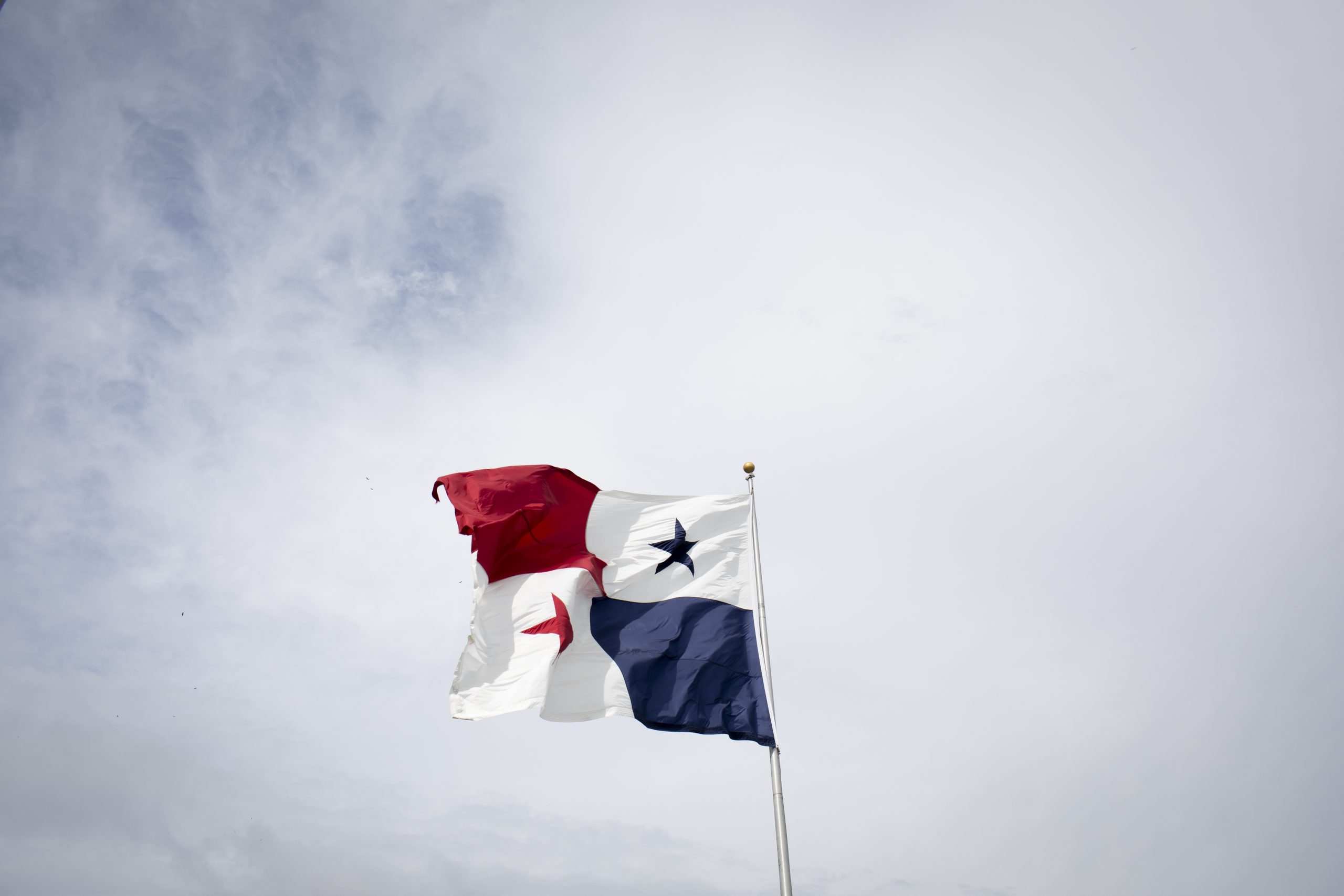OFFSHORE INDUSTRY
Seven years after the Panama Papers, the country sees a dramatic decrease in corporate registrations
A new study shows registrations going down and dissolutions going up in Panama

Registrations of anonymous corporations in Panama have dropped by more than half in the last decade, according to a new investigation by Bloomberg Línea.
These corporations, known as sociedades anónimas, pay minimal to no tax and have served as the backbone of Panama’s offshore industry for decades.
A Bloomberg analysis based on data extracted from the Panamanian public registry shows a 63% decrease in registrations from 2012 to 2022, ICIJ member Mary Triny Zea reported. Similarly, the number of dissolutions of companies and private-interest funds per year has also increased; in 2013, there were seven. In 2022, that number had jumped to 5,575.
Bloomberg’s analysis also included data on Delaware and the British Virgin Islands – two other secrecy jurisdictions long considered competitors to Panama. While the British Virgin Islands also saw a decrease in company registrations over the last decade, registrations in Delaware have steadily risen over the past decade, with 62,510 new ones in 2021. The U.S. currently tops the Financial Secrecy Index, the Tax Justice Network’s ranking of jurisdictions most complicit in helping people hide their finances.
Panama Bar Association president Juan Carlos Araúz attributes this change in the country to its poor reputation after the ICIJ’s Panama Papers investigation. That investigation, based on 11.5 million leaked records from the now defunct Panamanian law firm Mossack Fonseca, blew open a system of offshore banking that enabled tax avoidance, money laundering and corruption.
“Despite the efforts Panama has made to set a standard of control at a higher level than any other jurisdiction in the world, it’s still impacted by the country’s reputation,” Araúz told Bloomberg.
The same year ICIJ published the Panama Papers, 2016, Panama saw its highest number of anonymous corporation dissolutions in the last decade: 14,172. More recently, the Panamanian government has cracked down on the industry, suspending – and then dissolving – hundreds of thousands of companies, mostly for not paying fees.
Mayra Rodríguez, a Panama-based lawyer, also credited ICIJ’s investigation but argued the decline could be due to increased regulations implemented as a result. These regulations impose higher obligations on law firms, which Rodríguez says increases risk and potentially drives down demand.
Similarly, pressure from international entities such as the Financial Action Task Force may have also contributed to the change. Panama is currently on the FATF’s “greylist” – a list of jurisdictions that the organization monitors closely and which have agreed to resolve certain financial loopholes within a specific time frame.
FATF has tasked Panama with ensuring “adequate verification of up-to-date beneficial ownership information by obliged entities and timely access by competent authorities.” And the window of time to do so is closing soon. The FATF has issued a warning to Panama to complete the country’s action plan by June 2023, or face further censure by the organization and its members.